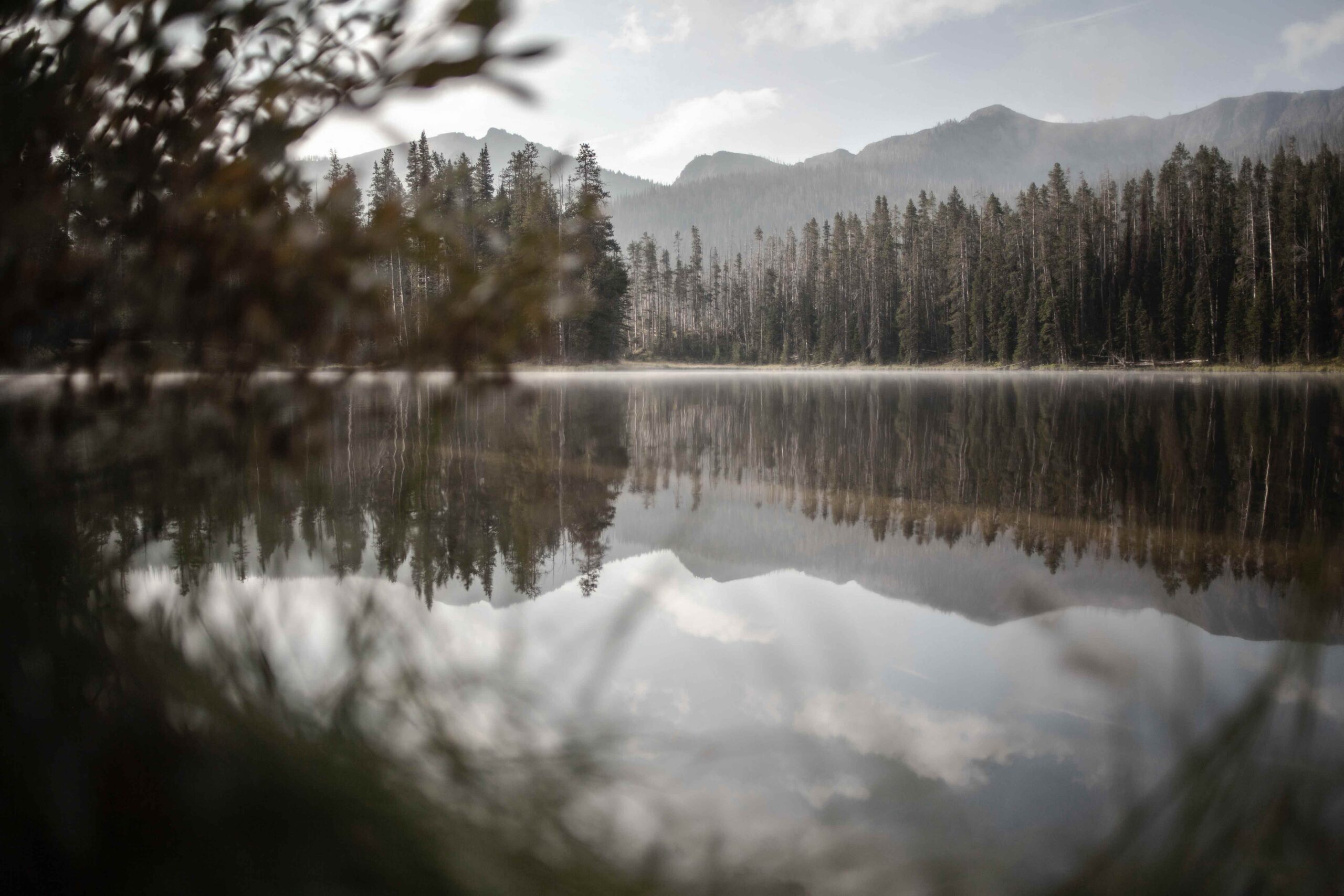Pray for Your Pastor
BARBARANNE KELLY | CONTRIBUTOR “[Pray] also for me” —Ephesians 6:19 How do you pray for your pastor? Some of the most beautiful, personal, and instructive prayers in the New Testament are written by the Apostle Paul, expressing his own prayers for his beloved readers. But when he sprinkles prayer requests for himself into his letters, these too are instructive. Paul’s prayers are notable not only for what he requests, but also for what he doesn’t. When writing from prison, Paul doesn’t ask that his prayer warriors seek God for his release, personal comfort, or vengeance against his captors. These would have been merely temporary goals after all, and Paul’s eyes were fixed on a farther horizon. In one instance he does ask for a warm cloak and his books (2 Tim. 4:13), but as he closes his letter to the Ephesian churches, he asks for words and boldness to preach the gospel. Paul’s priorities for prayer are centered upon his calling as a minister of the Word. Taking our cue from Paul, what does your pastor need most? Words If anyone had words at his disposal, it was the Apostle Paul. Prior to his arrest and imprisonment, his ministry focused on the verbal proclamation—oftentimes spontaneously—of the gospel of Jesus Christ. He spoke before Jews and Gentiles, servants, philosophers, and kings. The words he wrote in letters to churches and his friends and proteges fill the New Testament, revealing the mystery of the gospel and the transcendent God of heaven. And yet he knew he needed Holy Spirit-inspired words with which to deliver his life-giving and Christ-centered message. He didn’t want his own words; he wanted God’s words. The reason Paul had words to communicate the message of salvation at all was because he had the help of the Spirit of Jesus Christ and a growing army of prayer warriors pleading for the gospel to flourish under his ministry (Phil. 1:19). Pray that your pastor would have Spirit-empowered words to preach the gospel in season and out....










